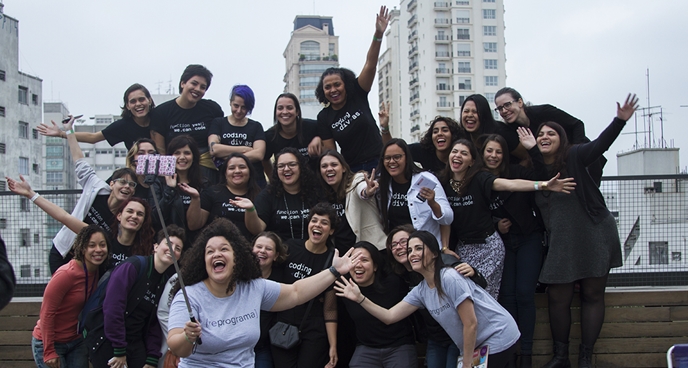Gender equality in education is a basic right and a prerequisite to build inclusive societies. Although notable progress has been made over the last 20 years, the ongoing COVID-19 pandemic has caused unprecedented disruption to education and exacerbated existing inequalities, disproportionately affecting girls and women.
Today, 127 million girls of primary and secondary school age are out of school, three quarters of children who may never set foot in school are girls while women still accounted for almost two-thirds of all adults unable to read in 2019. (UNESCO Institute for Statistics).
The UNESCO Prize for Girls’ and Women’s Education honours outstanding and innovative contributions made by individuals, institutions, and organizations to advance girls’ and women’s education. It is the first UNESCO Prize of this nature and is unique in showcasing successful projects that improve and promote the educational prospects of girls and women and in turn, the quality of their lives.
Funded by the Government of the People’s Republic of China, the Prize is conferred annually to two laureates and consists of an award of US $50,000 each to help further their work in the area of girls’ and women’s education. The Director-General of UNESCO awarded the Prize for the first time in 2016.
Established by UNESCO’s Executive Board, the Prize directly contributes to the attainment of the 2030 Sustainable Development agenda, particularly SDG 4 on education and 5 on gender equality. It also supports UNESCO’s global priorities included in the Medium-term Strategy 2022-2029 and the Gender Equality Action Plan 2014-2021 (GEAP II), as well as the UNESCO Strategy for Gender Equality in and through Education (2022-2029).
More information
- [email protected](link sends e-mail)
- Follow us on Twitter at #GWEPrize










